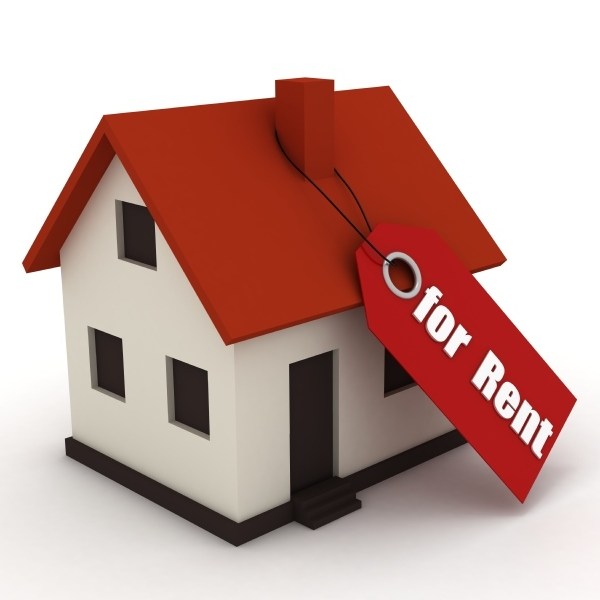[ad_1]
Owning a rental property is a fantastic way to boost your income and secure your financial landscape. You’ll also have a golden opportunity for some serious tax breaks.
Rental properties – both full time, part time, and vacation homes – can be a wealth of tax savings.
No h2 headings to generate jump links from.
Is This Tax Deductible?
The key to saving money on your tax return is to take advantage of the many deductions offered to full-time rental property owners. Your property is considered a full-time rental if you allocate fewer than 15 days for personal use.
Some of the most basic deductions that landlords could easily overlook are costs related to cleaning and maintenance, property taxes, management fees, mortgage interest, advertising, and even property insurance.
Want to save even more money? You can also deduct expenses related to traveling to manage your property, depreciation of your property, HOA fees, insurance claim deductibles, operating expenses, and even your utilities. Basically, any cost you incur to keep your rental property up and running can be filed as a tax deductible expense.
If your rental property expenses exceeded your rental earnings, you can even deduct your losses. If your annual income (adjusted gross income) is below $100,000, you are eligible to deduct up to $25,000 of your rental losses. As your annual income increases, the rental loss deduction is reduced.
One of the best tips any landlord could get is to keep meticulous records. Treat your rental property like a business. The more expenses that you document, the better chance you have to get those tax deductions and keep more of your money.
Personal Use of Your Rental Property
The deductions available for rental property owners are subject to the amount of time during the given tax year that a rental property is used for personal reasons. In short, if your property is a hybrid combination of personal use and rental, your tax advantages will change.
If you rent your home fewer than 15 days out of the year (like for a special event in your town), you get to keep all of the money you earned – tax free! You can still also deduct your expenses related to your rental efforts as itemized deductions.
On the flip side, if personal use of your rental property exceeds 14 days, you can deduct your rental expenses based on the percentage of time it was used as a rental. Your rental expense deduction will also be limited to the amount of rental income you receive.
New to the Rental Game
With the popularity of travel websites such as Airbnb, many people are interested in the opportunity to turn their primary and/or secondary home into a money making property.
If you decide to start an on demand rental business you will receive a Form 1099-Misc or Form 1099-K reporting your rental income, which will be reported as rental property on your taxes.
The good news is, for rental experts and noobs alike, TurboTax has made it super easy to get the most money out of your rental property deductions. With TurboTax Live Business, get unlimited expert help while you do your taxes, or let a tax expert file completely for you, start to finish. Get direct access to small business tax experts who are up to date with the latest federal, state and local taxes. Small business owners get access to unlimited, year-round advice and answers at no extra cost, maximize credits and deductions, and a 100% Accurate, Expert Approved guarantee.
[ad_2]
Source link











